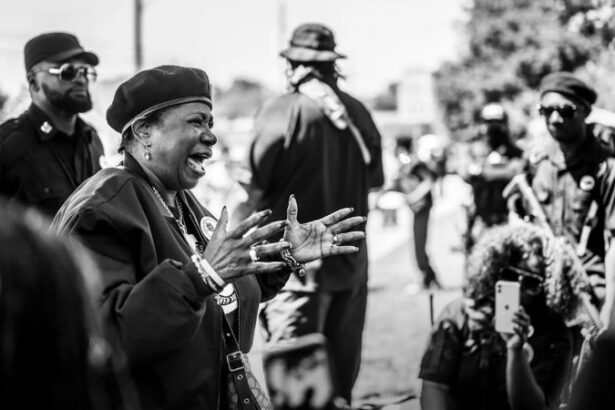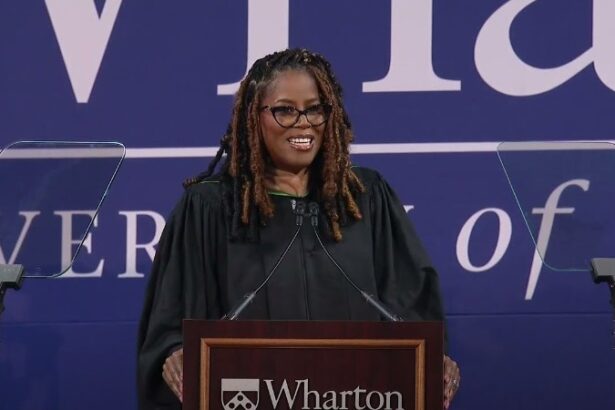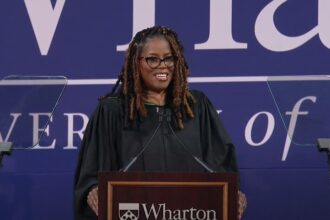Financial service providers can help bridge the racial wealth gap by using behavioral science strategies to build trust and improve engagement within Black communities. Despite systemic barriers, research shows that Black individuals are eager to learn about financial tools and act when presented with clear, relevant options.
One key finding is that how financial products are framed significantly impacts engagement. Studies show that Black consumers respond better to messages that highlight potential gains rather than losses.
For example, a study on life insurance found that sign-ups were nearly three times higher when benefits were framed positively. This mirrors findings in healthcare, where gain-framed messages increased preventive care participation.
Building trust in finance
Trust also plays a critical role in financial decision-making. Black individuals tend to place more trust in financial advisors and close family members for financial advice. This suggests that financial service providers should collaborate with trusted community leaders, peer networks, and local advisors to increase credibility and encourage action.
Another effective approach is using warm handoffs, a strategy borrowed from healthcare. Instead of leaving individuals to navigate financial steps alone, providers can facilitate transitions from one financial product to another through personalized engagement.
The research found that progressively personalized messages, or a ‘foot-in-the-door’ approach, led to higher engagement compared to a single outreach effort. This method ensures continuity, trust, and ongoing financial growth.
Key Takeaways
The racial wealth gap remains stark, with Black households holding far less wealth than white households. In 2021, white, non-Hispanic households had 10 times more wealth than Black households. This highlights the need for Black communities to access financial tools that build wealth.
Financial service providers can help by using behavioral science strategies, such as gain-framed messaging, partnerships with trusted community figures, and warm handoffs. Seeking guidance from financial professionals and engaging with wealth-building programs can also improve financial stability.
Thus, institutions must create equitable opportunities, ensuring Black consumers are included and empowered to achieve financial prosperity.








